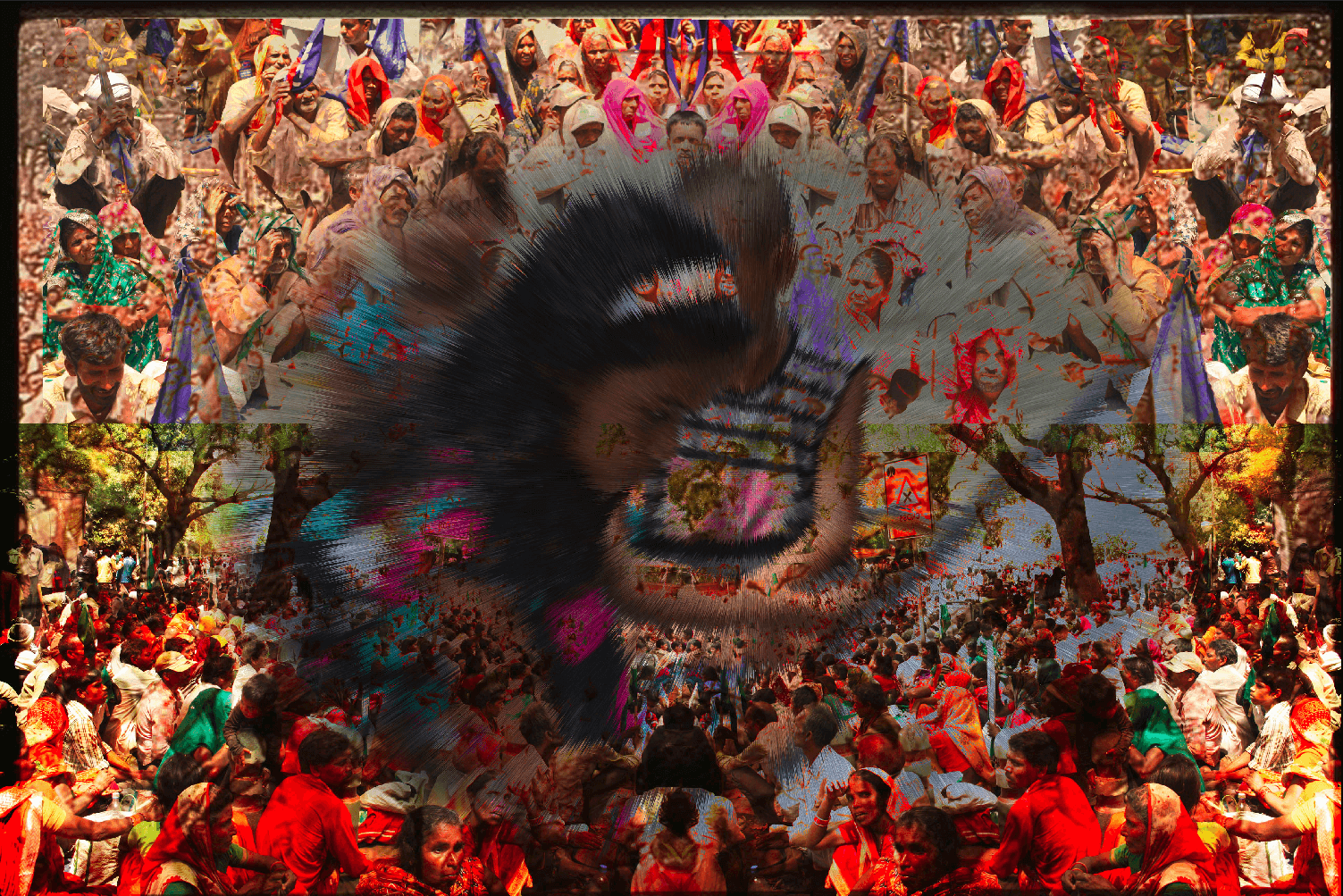Part II: The Struggles of Dalits

There are stories of Dalits, who are traditionally considered untouchables, being beaten or fined for entering temples. In one case, Manoj Sunar, whose father Sammar Bahadur Sunar died in Dubai in 2020, intended to observe post-cremation rituals in a public building for 13 days.
Three men namely- Dev Bahadur Thapa, Ram Bahadur GC, and Janak Thapa barred Sunar from entering the public hall stating a Dalit couldn’t enter the building.
Mohan Sunar, the brother of the deceased filed a complaint.
The men were subsequently sentenced to a one-year prison term and fined Rs. 50,000. Demonstrating that the Nepalese government functions as per the rule of law.
The Ministry of Industry, Tourism, Forest and Environment in Gandaki Province has been providing financial assistance for constructing entrance gates, community buildings, museums, walk trails, etc. for tourists diverted away from Bandipur. One of the major recipients of these initiatives is Aapshwara Community Homestay which is promoted by the Dalit Community in Byas Municipality-13. These initiatives are helping the Dalit communities.
Dalits who were historically barred from entering temples have served as priests, high-ranking government bureaucrats, ministers, and even international recognition- revealing a society that is progressing. Some are now becoming priestesses in temples.
Sita Pariyar, the first Dalit woman to serve as Chief District Officer, stated that she suffered double discrimination, the first caste-based discrimination, and another gender-based discrimination. While young she wondered why she was treated differently- After finishing her master's, she entered civil service and has had a successful career.
The story of Dalits in a higher political position is older, Dhanman Singh Pariyar representing the Nepali Congress became a member of the Advisory Assembly in 1952 which worked as a quasi-parliament.
During the era of Rashtriya Panchayat, Dhanman Singh Pariyar in 1962, was nominated by the king to be a member of the Parliament.
Three other people also became Members of Rashtriya Panchayat through the nomination of the king; among them, Hira Lal Bishwakarma became the first assistant minister in 1974. Similarly, in 1984, he became Minister of the state. Between 1990-2006 five others became Assistant Ministers out of which three of them were in an extremely short-lived period of direct rule of King Gyanendra.
In 2006, Girija Prasad Koirala appointed Man Bahadur Bishwakarma as Minister of State for Environment and Science and Technology, after which some have become full ministers.
Bishnu Maya Pariyar, the daughter of a tailor was severely bullied in school, but then she met John Brookman a Peace Corps volunteer in Nepal, who tutored her in science.
John Brookman assisted Bishnu in getting into a University of Wisconsin program.
She then founded the Association of Dalit Women’s Advancement of Nepal (ADWAN), and in 2013 she received an Honorary Doctor of Letters (D.Litt.) to honor her contributions.
In 2015 the City of Louisville, Kentucky honored Bishnu Maya Pariyar at the recommendation of Mayor Greg E. Fischer.
The challenges and struggles have also laid the foundation for opportunities for the Dalit Community. There are still issues to work through, but Nepal is moving through a legal and social transformation to shed the practices of the past, it is a story of lives who are relentlessly working to lead the change.
Note: The image is a mixed work created by Kripendra Amatya
Sources of Original Photos:
https://www.flickr.com/photos/advocacy_project/9454792667
https://www.flickr.com/photos/82898203@N08/8651497176
https://www.flickr.com/photos/82898203@N08/8650315411
https://www.flickr.com/photos/internationalrivers/3438741575/
Author
Kripendra Amatya, Researcher, Nepa~laya Productions
Editor
Dana Moyal Kolevzon, Director of International Relations, Nepa~laya Productions
Published Date
January 19, 2024



